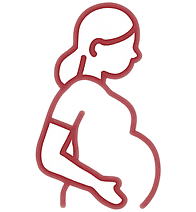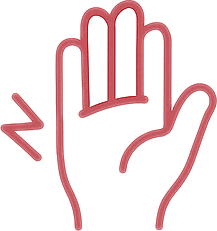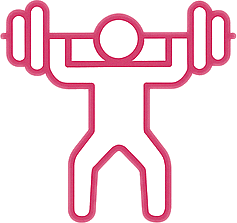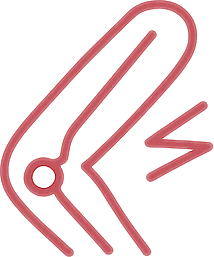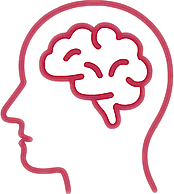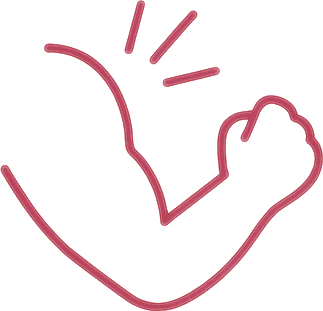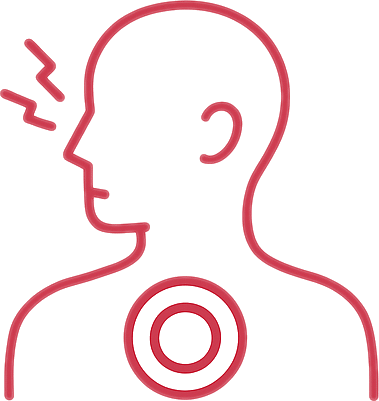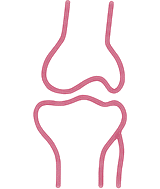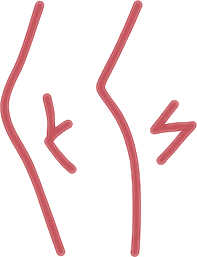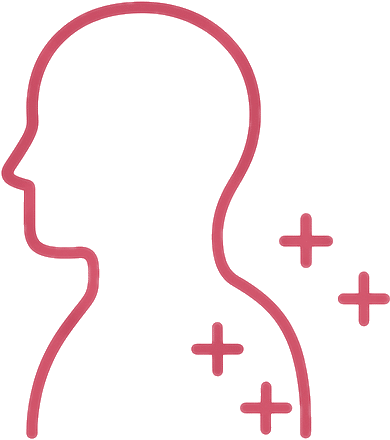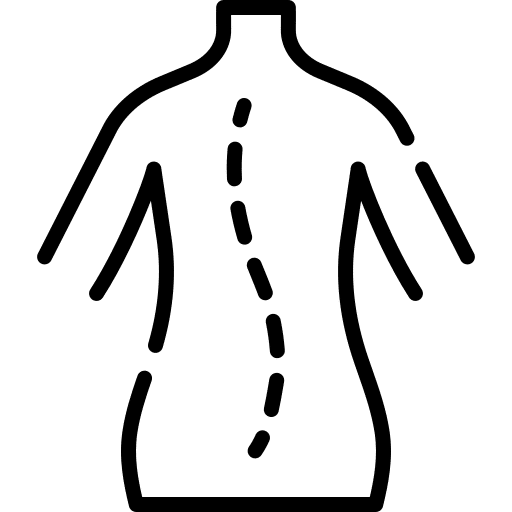Early sensations after a session often create questions or concern, especially if you’ve struggled with fatigue or loss of movement control for months or years. Not every feeling signals an immediate fix or problem. Instead, your body’s first responses serve as authentic feedback—a sign that therapy is activating deeper systems and inviting new patterns.
The right kind of soreness is your body rewriting the story of pain—and letting movement feel new again.
Immediate Feedback: Muscle and Circulation Response
Manual therapy or specialist-guided exercises prompt:
- Increased warmth or minor tingling: as blood flow improves in previously tense spaces.
- Mild aching or heavy limbs: as soft tissue resets and joints shift toward healthier alignment.
- Heightened sensitivity: around treated or long-protected regions—often a sign the nervous system is registering safer movement.
Adaptive Soreness: What’s Helpful vs. What’s Concerning
It’s common to feel:
- Transient soreness: —similar to moving differently after a period of inactivity, which usually fades within 24–48 hours.
- Temporary stiffness: —especially after mobilizing a long-stuck joint.
- Rebound energy dips: —your body and brain recalibrate after focused effort, so rest may temporarily feel more necessary.
Delayed soreness that grows more intense, new swelling, or numbness should always prompt a direct check-in, but manageable aches or fatigue are standard and often affirm progress.
Patterns in Movement and Mood
As therapy “re-maps” how you move:
- New smoothness or a less guarded stride: may appear
- Mild uncertainty as coordination recalibrates: —your habits are being improved, so things may feel unusual before feeling comfortable
Emotional shifts—relief, hope, or even irritation—are a signal your nervous and emotional systems are also responding. Both are valid, and both are normal when change is authentic.
Responding to Your Body
- Keep moving according to clinical guidance unless told otherwise
- Use ice or heat as instructed for high soreness
- Rest more if your energy dips; it’s not a setback, but a signal to recalibrate














